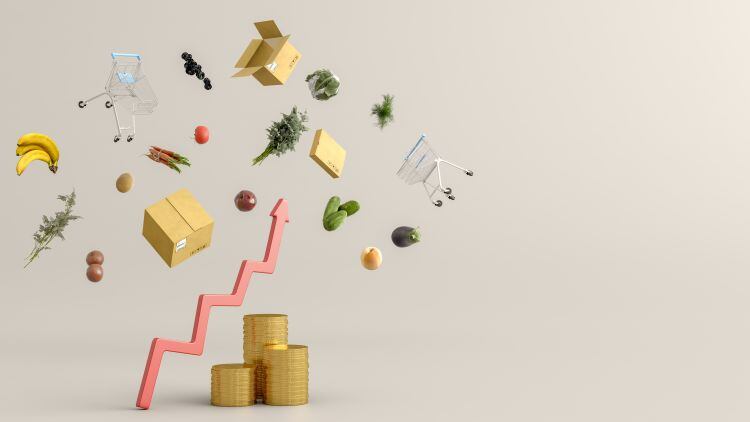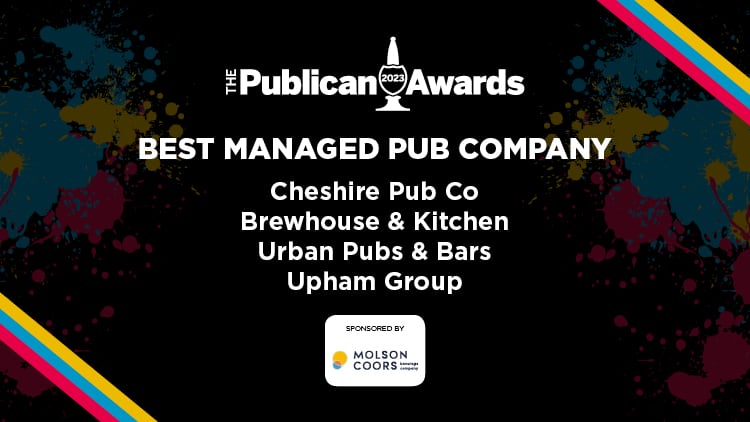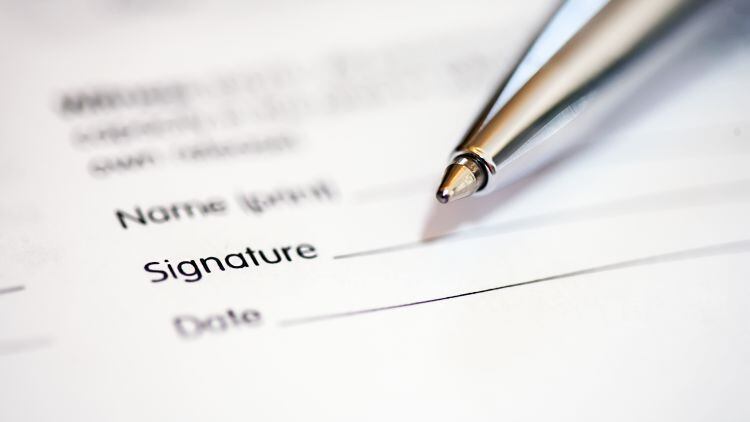Growing from 10.1% in January, the largest upward contributions were made by rising prices in hospitality settings, including pubs, as well as the cost of food and non-alcoholic beverages.
UKHospitality (UKH) chief executive Kate Nicholls stated the figures showed a “clear correlation” between rising inflation and inflated prices in the hospitality sector.
She said: “If the Government is serious about bringing inflation under control quickly then it needs to address this cost of doing business in the sector, particularly as this is only set to get worse this April when support with soaring energy costs falls away.”
According to ONS, the “majority” of the upturn in inflation came from alcohol served in hospitality settings, with prices in restaurants and cafes having increased 11.4% in the year to February 2023, the highest rate since 1991.
Untenable operating costs
Food and non-alcoholic beverage prices rose by 18.2% during this period, up from 16.8% in January, the highest observed rate for more than 45-years.
Additionally, the annual rate of vegetables skyrocketed to 18% in the year to February, its highest rate since 2009 while bread, cereals and hot beverage rates were each the highest since 2008.
ONS chief economist Grant Fitzner attributed the surge in food and non-alcoholic drink price increases to high energy costs and bad weather across parts of Europe having led to a shortage of certain salad and vegetable items.
Night-Time Industries Association (NTIA) CEO Michael Kill said the figures showed “no sign of the cost inflation crisis easing”.
He continued: “Following a spring Budget, which did nothing to stabilise the concerns of businesses across the night-time economy, many are still suffering heavily with untenable operating costs, leaving them uncertain about the future.”
However, the upward contributions from spiralling food and beverage costs were “partially offset” by a fall in fuel costs, Fitzner added.
Bad news
Though gas and electricity prices were noted as having largely contributed to the increased inflation rates.
British Beer & Pub Association (BBPA) chief executive Emma McClarkin said: “Today’s unexpected rise in inflation is bad news for our pubs and brewers.
“With energy bills set to rocket come Saturday 1 April, the last thing these businesses need is news of further price increases on key commodities and ingredients, and no end to the tough environment faced by their customers who were already watching their spend.”
Moreover, Nicholls estimated without contracted energy prices for the sector could rise a further 82% on average without action, forcing many operators to “raise prices for consumers again, further driving inflation”.
She added: “[We need] urgent action on the market failures identified by OFGEM last week to force suppliers to the table to enforce the renegotiation of contracts signed between July and December 2022, penalty-free, and to enact full regulation of the non-domestic energy market, if suppliers are not willing to act.”





